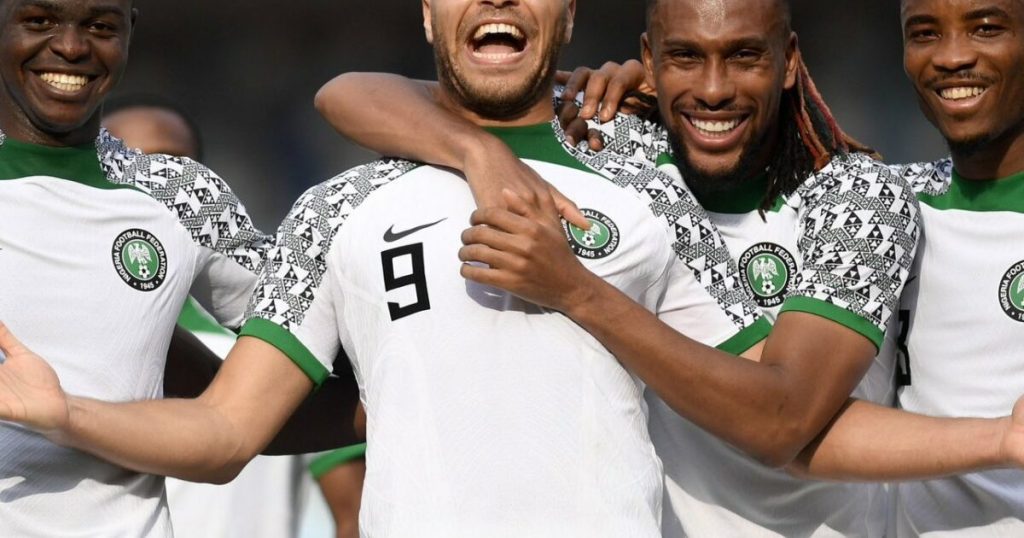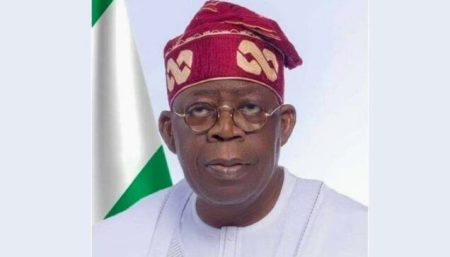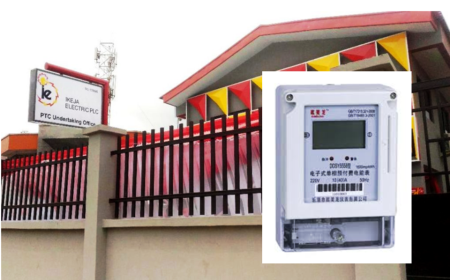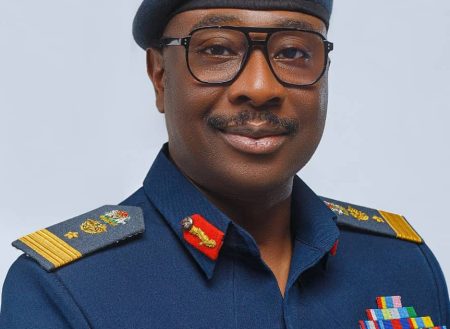The Gtech Community Stadium in London witnessed a thrilling encounter between two African football giants, Nigeria and Ghana, in the semifinal of the Unity Cup. The Super Eagles of Nigeria soared to a 2-1 victory over the Black Stars of Ghana, securing their place in the final against Jamaica. The match, played on a Wednesday night, was a pulsating affair filled with dramatic moments, showcasing the passion and rivalry that characterizes these two West African nations. The Super Eagles took an early lead, capitalizing on their attacking prowess and Ghana’s defensive vulnerabilities. This victory not only propels Nigeria to the final but also underscores their resurgence on the international stage.
The Nigerian victory was built on a solid first-half performance, where they established a two-goal lead and effectively neutralized the Ghanaian attack. Cyriel Dessers drew first blood for Nigeria in the 14th minute, clinically finishing a well-crafted move assisted by S. Ismail. This early goal set the tone for the match and put Ghana on the back foot. Just five minutes later, Nigeria doubled their advantage, courtesy of an own goal by Ghana’s Razak Simpson. This unfortunate deflection compounded Ghana’s woes and gave Nigeria a comfortable cushion. Ghana’s struggles were further highlighted by their inability to register a single shot on target in the first half, a testament to Nigeria’s defensive solidity and tactical discipline. The Black Stars’ frustration was evident in the two yellow cards received by Kamaradini Mamudu and Salis Abdul Samed for reckless fouls.
Despite trailing by two goals, Ghana emerged from the halftime break with renewed determination. They sought to find their rhythm and create scoring opportunities, pushing forward with greater urgency. However, the Nigerian defense remained resolute, thwarting Ghana’s attempts to breach their lines. As the second half progressed, Ghana’s persistence finally paid off. Substitute Brandon Asante-Thomas injected much-needed energy into the Ghanaian attack and managed to pull a goal back in the 70th minute. This goal reignited hopes of a comeback and set up a tense final period. Despite their best efforts, Ghana could not find the equalizer, and Nigeria held on to secure a hard-fought victory.
The match underscored the enduring rivalry and mutual respect between Nigeria and Ghana, two nations with a rich footballing heritage. The Unity Cup provided a platform for these teams to showcase their talent and passion on a global stage, while also promoting unity and camaraderie. The tournament’s emphasis on cultural connection and goodwill resonated with fans from both nations and beyond, creating a vibrant and celebratory atmosphere. The victory sets up an intriguing final between Nigeria and Jamaica, promising another captivating clash of styles and talents.
Jamaica’s journey to the final was equally impressive, marked by a 3-2 victory over Trinidad and Tobago in their semifinal clash on Tuesday. Their attacking flair and resilience will pose a significant challenge to Nigeria in the final. The final promises to be a thrilling encounter, pitting two teams with contrasting styles and strengths. Nigeria’s defensive solidity and clinical finishing will be tested against Jamaica’s attacking prowess and dynamic play.
The Unity Cup, hosted in London, serves as a testament to the power of sport to bridge cultural divides and foster understanding between nations. It provides a platform for teams from Africa and the diaspora to compete in a spirit of friendly competition and celebrate their shared heritage. Beyond the on-field action, the tournament promotes cultural exchange and strengthens ties between communities, fostering a sense of unity and belonging. The success of this year’s edition underscores the growing importance of such initiatives in promoting peace and understanding through sport.














